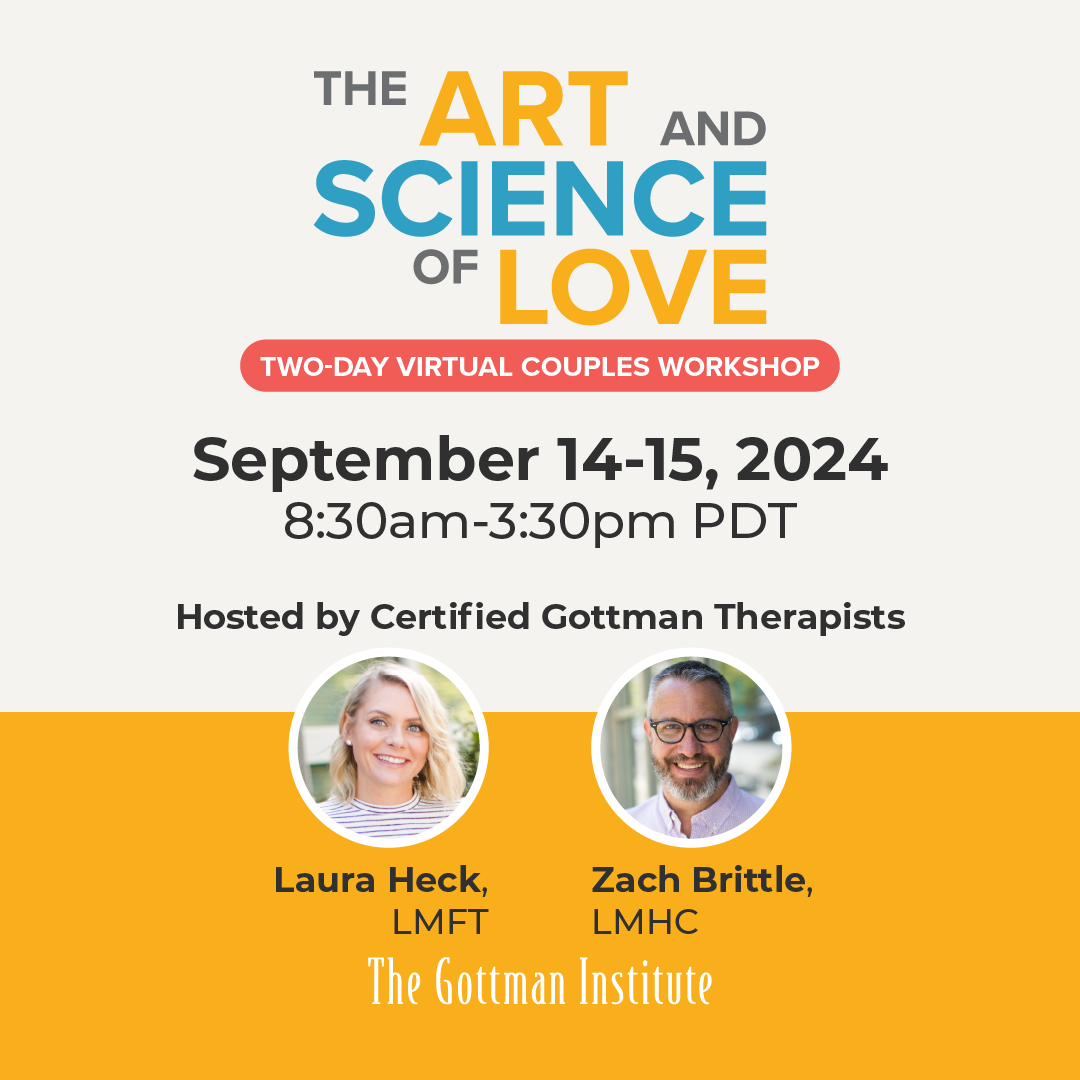The Four Foundations of Mindfulness are based on the Satipatthana Sutta, one of the most important and widely studied discourses in Buddhism. This fourfold “establishment of mindfulness” was created to help us attain, as well as maintain, moment-to-moment mindfulness in our lives.
The Four Foundations of Mindfulness are:
- Mindfulness of your body
- Mindfulness of your feelings
- Mindfulness of your mind or consciousness
- Mindfulness of how your mind operates
It’s important to note that you don’t have to be a Buddhist to benefit from practicing mindfulness in your marriage. As we’ve read in The Mindful Marriage, mindfulness empowers you to become more present to everything in your life, including your relationship with your partner.
Mindfulness of Your Body
The first foundation is mindfulness of your physical body. This base foundation provides a starting point and brings you into the present moment. You can get in tune with your body by doing the Mindfulness Meditation Exercise or by conducting a body scan.
The intention of a body scan is to simply become aware of and present with your body. It’s nice to relax and it’s great if it happens, but that’s not the goal of this exercise. The goal is to check in with each area of your body in a nonjudgmental way, to feel what there is to feel.
The Mindful Marriage Body Scan
Begin by sitting comfortably. Start to “feel” into the areas of your body that are in contact with your chair in this moment. Feel into where your feet touch the ground. Feel where your legs, your back, your arms, and maybe even your head comes into contact with the chair. You may be feeling tingling or a change in temperature. Notice your breath entering and leaving your body. Remember to continue to breathe easily throughout this entire exercise.
Now, move your attention to your ankles and lower legs. What do you feel? Perhaps it’s the pressure of your legs against the ground or fabric. If you notice that your attention is somewhere else, gently and without judgment return your attention to your legs. Sometimes it’s helpful to imagine that you are breathing into your lower legs – as if your attention could ride on the breath.
Next, move your attention to your knees and thighs. What do you feel? Remember, tingling or even numbness counts as a sensation. Notice that thinking about a specific area or picturing it in your mind’s eye is different from actually feeling it.
Let your focus move from your thighs to your lower trunk, your pelvis and your belly, up to your belly button. Notice any sensations in these areas.
Now, let go and feel into your upper body – your stomach and chest areas, feeling the sensations of the breath here with each inhalation and each exhalation. Feel your spine against the back of the chair. Notice any sensations – or absence of sensations – that are here.
From here, move your attention to your hands and each of your fingers. Then, when you’re ready, move your focus to your wrists and forearms and feel there. From there, move to your elbows and upper arms, noticing any sensations or lack of sensations. Remember, if your mind wanders off, bring it back to the body part you are focusing on.
Move your attention to your shoulders, the back of your neck, and then to your head. Feel your jaw, your face, mouth, nose, cheeks, eyes, forehead, and your entire face.
Now, become openly aware of your entire body again. Imagine breathing from the crown of your head all the way down into your toes and up and out again. Notice all the sensations in body and allow them to be just as they are in this moment.
Allow some movement back into your body, like wiggling your fingers and toes. Stretch your body in any way it wants that feels good. Take a moment to reflect on your experience.
In marriage, mindfulness of your body will help you to become cognizant of yourself before tension can elevate into conflict. For example, if you’re talking with your partner and you feel a knot in your stomach, it may be a signal that you need to express something that you’re holding back. Pay attention to fluctuation in your body temperature, pressure in your head, tension or pain in your joints, and tingling in your hands and feet.
Mindfulness of Your Feelings
The second foundation is mindfulness of your feelings or sensations. As you begin to become mindful of your physical body, your awareness of feelings and sensations also becomes heightened.
Feelings can be classified into three tones:
- Pleasant
- Unpleasant
- Neutral
These tones correspond with your emotions and help you to see things as they really are.
It’s not unusual to see things differently than your partner. For example, if you both watch the same movie, one of you may love it and think of it as a pleasant experience while the other may really dislike it and perceive it as an unpleasant experience. Your different “feelings” about the movie can result in a disagreement that escalates and leads to conflict.
Coming to terms with your feelings and emotions, especially when they’re unpleasant, can be downright uncomfortable. Given the choice, most of us would prefer to avoid them and push them under the rug. This is unhealthy. Instead, take time to understand your feelings and label them – pleasant, unpleasant, neutral. Remember that these tones aren’t judgments or thoughts. They are merely a way to classify what you are feeling and sensing so that you can comfortably “be” with things as they are.
Mindfulness of Your Mind or Consciousness
The third foundation is mindfulness of your mind or consciousness. Another way to think of this foundation is to be mindful of your mental state without making judgements. This foundation focuses on turning your attention towards your mental activity (those thoughts and emotions running rampant in your head) and offers up a different lens to see them as objects that can be observed in a non-reactive way.
Just like your feelings and sensations, your various states of mind come and go, depending on what is happening in your relationship and your life in general. Sometimes you are restless and discontent, sometimes you are happy and full of positivity. These thoughts, feelings, and states of mind can pull you into a narrative that may not be accurate. This only serves to distract you from the present moment.
As you learn to observe your mental states without judgment or opinion, you can start to disentangle yourself from unbeneficial thoughts. Mindfulness of your mind with this awareness will empower you to approach your marriage with a newfound perspective.
Mindfulness of How Your Mind Operates
The fourth and last foundation is mindfulness of how your mind operates. This foundation focuses on opening yourself up to the world you experience.
This asks you to look at your subjective experiences as a gateway. It prompts you to ask questions like, “What am I identifying with or resisting that keeps me tied to this suffering?” or, “What is the origin of this suffering?” Being mindful of your experiences in this way allows you to get to the root of your subjective experience, allowing you to become fully aware and open.
For example, if you’ve had a regrettable incident with your partner, you’re likely feeling sad, angry, misunderstood, tense and/or irritable. You may launch into negative thoughts and judgments about yourself or your partner and how you both reacted. You might be thinking, “Why was he/she so mean? Nothing ever seems to work between us!”
If you can be mindful of how your mind operates, unpacking the experience so it doesn’t remain a ball of confused emotions, sensations, and mind states, then you are more apt to reduce gridlock in your relationship. This allows whatever is arising in your body in response to conflict – that tension or shortness of breath you’re experiencing – to come and go with an attitude of friendliness, openness, and understanding. In this state, you become more self-aware and can resist the urge to stonewall.
Putting these Four Foundations of Mindfulness into practice will ultimately put you in touch with your body, feelings, mind, and how your mind operates, helping you to wake up to yourself, your partner, and the needs of your marriage.
Want to create a mindful and intentional marriage? Then join us for our new weekly column The Mindful Marriage by subscribing below to receive our blog posts directly to your inbox:










